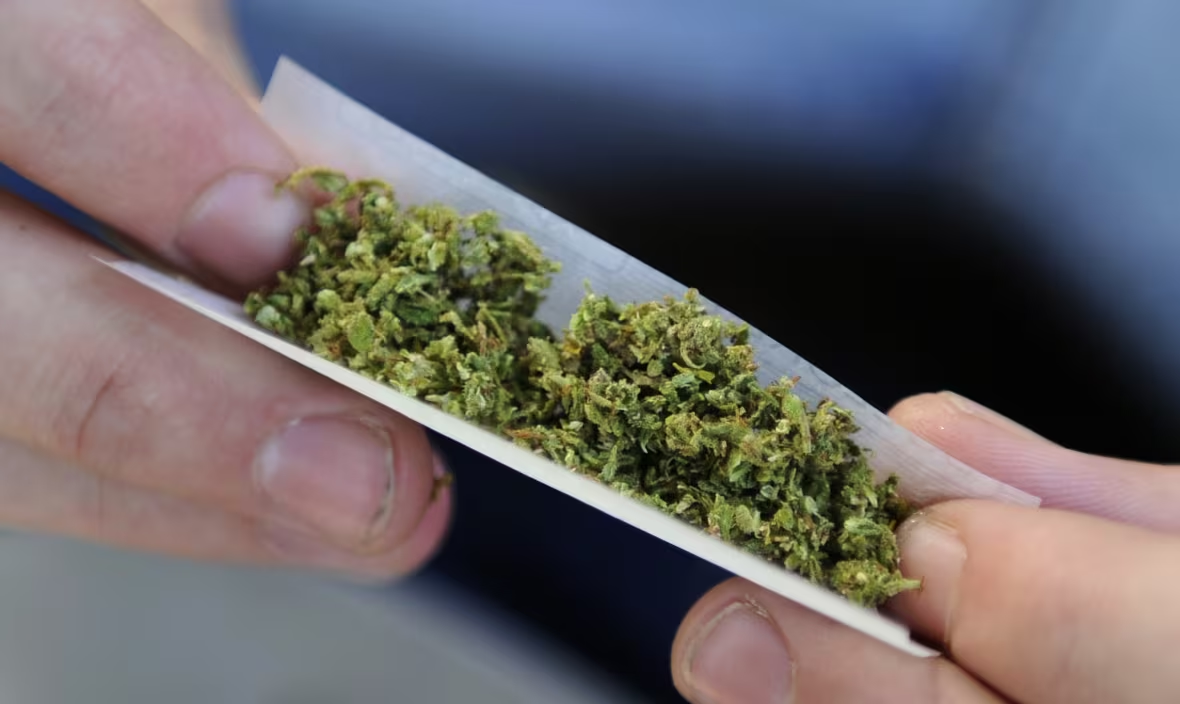Feds announce $5.4M to combat drug-impaired driving in Sask.
The money will go toward training front line officers across the province

The province is getting $5.4 million to combat drug-impaired driving, despite the low number of cannabis-related impaired driving charges since legalization.
Advertisements about drug impaired driving from the federal government focus heavily on cannabis, but in the first six months after legalization RCMP in Saskatchewan charged only seven people with cannabis-related impaired driving charges.
There were 596 alcohol-related impaired driving charges during the same frame.
No cannabis-related impaired driving charges have been laid in Regina since October 17, when recreational marijuana became legal.
Prior to legalization Police Chief Evan Bray expressed concern over the "hidden costs" of legalization. But 10 months later, Bray said the initial concern may have been overstated.
"The sky didn't fall," said Bray.
Speaking Thursday on the Regina Police Service's mid-year crime report, Bray said the service had not incurred any additional cost directly as a result of legalization.
"I don't think I can say that we have," said Bray.
"We've done some fairly concentrated efforts on illegal dispensaries in the city and that did have a cost associated to it."
Cst. Ryan Ehalt of the Saskatoon Police Service said the force also had not laid any charge specifically for cannabis-related impaired driving charges, but that the SPS does not record the specific drug during an impairment charge. Instead the SPS records alcohol impairment and combination drug and alcohol impairment charges.
"Beginning October 17, 2018, there have been 194 Impaired charges laid for impairment by alcohol alone. During that same time period there have been 20 Impaired charges laid for impairment that has been attributed to drug/alcohol," said Ehalt in an email.
Bray said that cannabis can factor into an alcohol-related impaired driving, but reiterated that no cannabis-only impaired driving charges have been laid.
"We've had many drug-impaired driving charges, but usually meth, cocaine or other drugs," said Bray. "We've had people that we've charged with impaired driving due to alcohol where we know they also had consumed marijuana and I think that's one thing that we have to remember."

Part of the $5.4 million announced Friday, which will be allocated over five years, will go toward establishing a standardized data collection and reporting practice for police across the province.
Ralph Goodale, Minister Responsible for Public Safety and Emergency preparedness, made the announcement in Regina.
"Tragically four people die as a result of impaired driving every day on average in Canada. Thousands more are injured every year and that is just unacceptable," said Goodale.
Goodale noted that drug-impaired driving has been a crime in Canada since 1925.
"We're dealing with a trend over time, not a sudden surge."
He said the money would be given to the province, which will in turn use the funding to train officers in standardized field sobriety testing (SFST) and to become drug recognition experts (DRE).
When asked if the absence of cannabis-related impaired driving charges was related to the lack of training, Bray said no.
"We have a good number of DRE trained officers in the field," said Bray.
He added that as far as he was aware a DRE trained officer has been able to respond to a traffic stop every time they have been requested by officers with the Regina Police Service.
With files from Cory Coleman

